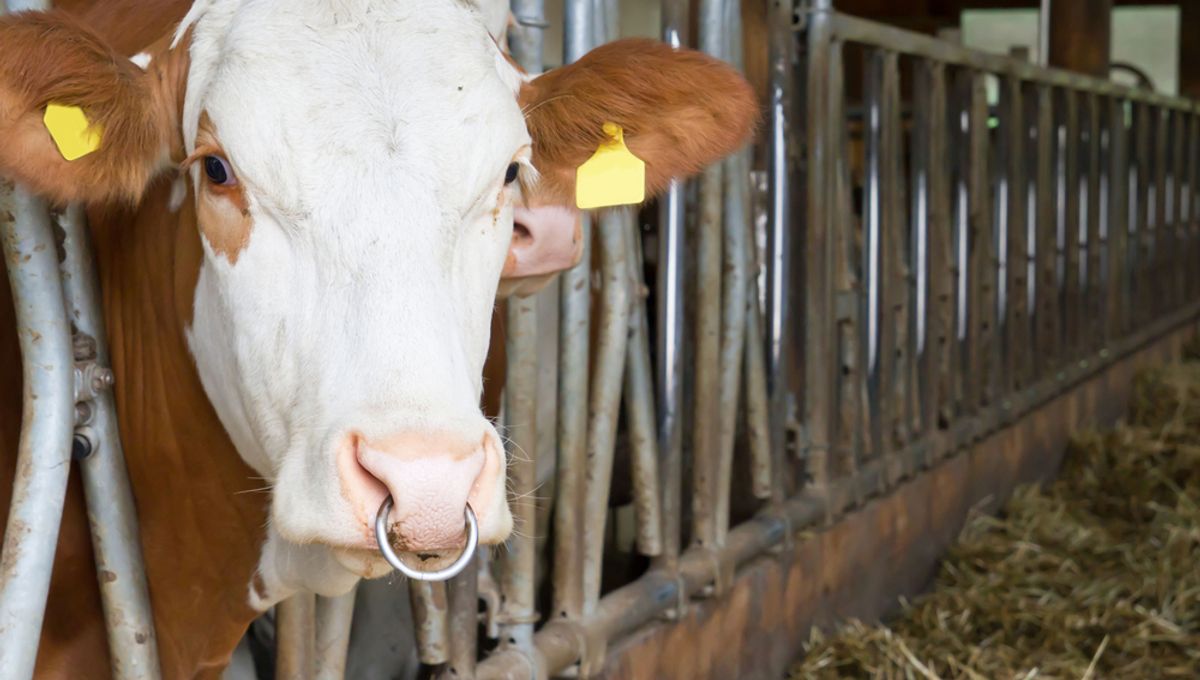
Mad cow disease – or Bovine Spongiform Encephalopathy (BSE) – has made a rare appearance in the US, although the detection of the condition in a single cow in South Carolina does not pose any danger to people. According to the US Department of Agriculture (USDA), the animal was identified and isolated before it had a chance to enter the commercial beef supply, while the fact that the disease is not contagious means other cows remain unaffected.
“This animal never entered slaughter channels and at no time presented a risk to the food supply or to human health in the United States,” said the USDA in a statement. “Given the United States’ negligible risk status for BSE, we do not expect any trade impacts as a result of this finding.”
BSE is a neurological disease that is caused by misfolded proteins called prions within an animal’s brain. These prions then influence the folding of adjacent proteins, resulting in neurodegeneration.
Eating contaminated meat has been linked to a fatal condition called Creutzfeldt-Jakob disease, otherwise known as subacute spongiform encephalopathy. Most people who develop this illness die within a year of diagnosis, which is why strict protocols are now in place to prevent the spread of BSE through cattle populations.
First detected in the UK in 1986, BSE exists in two distinct forms, known as classical and atypical BSE. The former occurs when cows are fed products containing tissues from infected animals, while the latter arises spontaneously as prion proteins randomly transform from a normal to an abnormal state.
According to the USDA, the infected animal in South Carolina tested positive for atypical BSE, and was therefore not exposed to dangerous feed. In the US, the use of cow proteins in cattle feed was outlawed in 1997 – a ban that has successfully prevented animals from becoming infected with classical BSE.
While scientists still don’t fully understand how atypical BSE arises, stringent surveillance and testing of cattle have ensured that no cows carrying the disease enter the food supply.
The first case of BSE in the US occurred in 2003, when a cow imported from Canada was confirmed to have classical BSE as a result of exposure to contaminated feed before entering the country. Since then, six cases of atypical BSE have been confirmed, including the newly identified example.
Previous BSE outbreaks in various countries across the world have resulted in massive disruptions to the commercial beef industry and caused billions of dollars worth of losses. However, the USDA insists that “this finding of an atypical case will not change the negligible risk status of the United States, and should not lead to any trade issues.”
Source Link: Atypical Case Of Mad Cow Disease Detected In The US